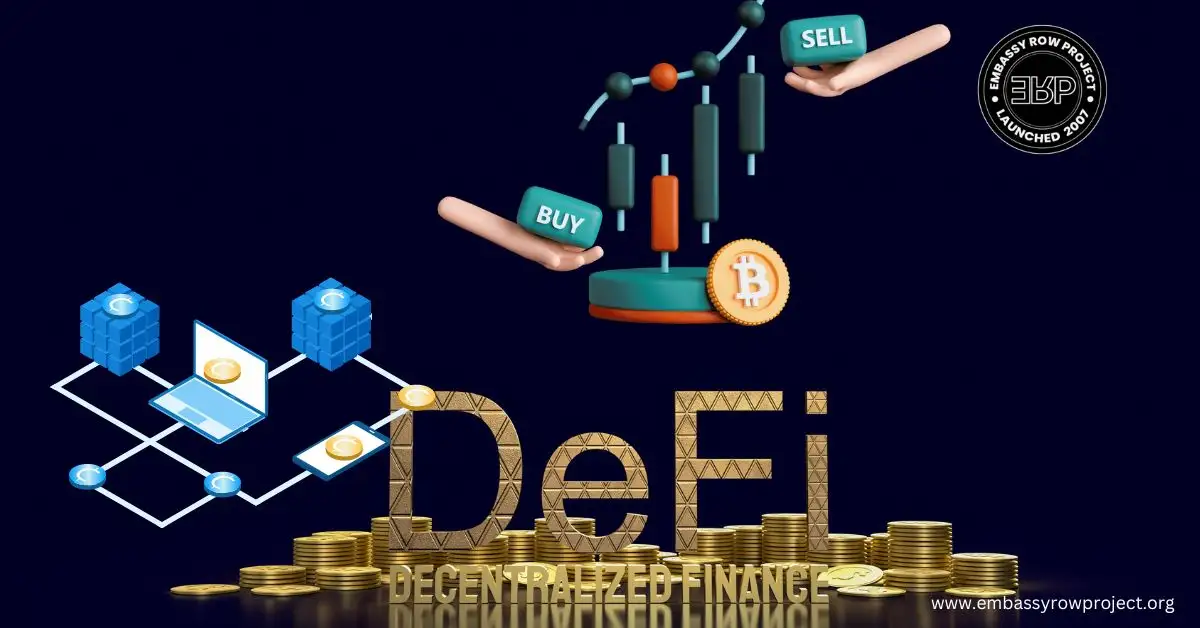Decentralized Finance — Underpinning the very existence of our society, the structures of traditional finance – from banks and lending institutions to insurance firms and investment houses – serve as the scaffolding, stabilizing the economy. Nonetheless, it is beyond contention that this system, while often robust, has also spawned exclusionary practices, particularly in the context of Southeast Asia, where a significant proportion of the populace remains unbanked. Amid this milieu, Decentralized Finance, or DeFi, presents a novel, arguably disruptive, approach, utilizing blockchain and web3 technologies to democratize finance, holding the promise of banking the unbanked.
Let’s scrutinize the intersection of blockchain, Web3, and DeFi – the confluence forming a veritable arsenal that could radically transform the financial landscape in Southeast Asia. Blockchain, with its decentralized ledger system, and web3, with its promise of a decentralized internet, provide the backbone for DeFi applications. These applications emulate traditional financial services, but on a decentralized, open-source platform that reduces the barriers to entry.
Decentralized Finance (DeFi) Revolution in Southeast Asia: Banking the Unbanked
Observe the magnitude of financial exclusion in Southeast Asia. It’s a region where a substantial fraction of individuals and small businesses do not have access to formal financial services, primarily due to the prohibitive costs, regulatory restrictions, or simply the geographical barriers preventing them from accessing traditional banking infrastructures. Here, DeFi has an immense role to play.
Consider DeFi’s capabilities in facilitating peer-to-peer lending and borrowing, powered by smart contracts that automatically execute agreements when predetermined conditions are met. This mechanism could allow an unbanked individual in a rural region of Southeast Asia to secure a loan without requiring a credit history or collateral. It facilitates capital inflow to regions that traditional finance has long neglected, fueling economic activity and growth.
Now, let’s explore the realm of savings and investments. Through DeFi platforms, individuals could earn interest on their cryptocurrency holdings or invest in a range of assets, all without the need for a traditional bank account. Furthermore, blockchain’s transparent and immutable nature would provide an additional layer of security and trust, often lacking in traditional banking systems in some parts of Southeast Asia.
Let us not disregard the power of DeFi in the remittance market, a significant aspect of Southeast Asia’s economy, given the high volume of cross-border transactions. Blockchain-enabled DeFi platforms can facilitate faster and cheaper remittances, a significant improvement over traditional systems characterized by high fees and slow transaction times.
Understanding Decentralized Finance (DeFi) in Southeast Asia
This is the commonly asked questions about Decentralized Finance (DeFi) and its potential impact on financial inclusion and innovation in Southeast Asia.
What is Decentralized Finance (DeFi)?
DeFi refers to financial services built on blockchain technology, allowing for decentralized and open access to financial products and services without traditional intermediaries like banks.
How can DeFi address financial exclusion in Southeast Asia?
DeFi platforms can provide access to financial services for the unbanked population by offering peer-to-peer lending, savings, investments, and remittance solutions without the need for traditional banking infrastructure.
What are smart contracts, and how do they relate to DeFi?
Smart contracts are self-executing contracts with terms directly written into code. In DeFi, smart contracts automate financial agreements, enabling secure and transparent transactions without intermediaries.
What are the risks associated with using DeFi platforms?
Risks include technical complexity for users, volatility of cryptocurrencies used in DeFi, and regulatory uncertainties surrounding decentralized finance.
How can regulatory challenges be addressed to foster DeFi adoption in Southeast Asia?
Regulatory frameworks must balance consumer protection and innovation while harmonizing regulations across countries. Education and awareness initiatives are also crucial to ensure users understand the risks and benefits of DeFi.
But to dwell merely on the potentialities of DeFi in Southeast Asia and ignore the lurking pitfalls would be folly. The path to DeFi adoption is strewn with obstacles. The technical know-how required to navigate DeFi platforms could be beyond the grasp of the average unbanked individual. Moreover, the volatile nature of cryptocurrencies, often used in DeFi platforms, presents significant risks. And of course, regulatory uncertainties hang like a dark cloud over DeFi’s horizon.
Now, let’s meander through the labyrinth of regulations. There is a pressing need for a regulatory framework that ensures consumer protection without stifling innovation. However, the inherent nature of DeFi, with its decentralization and anonymity, poses a significant challenge for regulators. Furthermore, regulatory harmonization across the countries of Southeast Asia, each with its unique legal and financial environment, is another mountain to climb.
Get FREE Full eBook About Reimagining Resilience
Worth noting is the role of education and awareness in driving DeFi adoption. The unbanked, often financially illiterate, would require an understanding of DeFi and its associated risks to effectively use these platforms. A concerted effort from governments, NGOs, and DeFi platforms themselves is necessary to drive this educational initiative.
As the path unfurls into the future, DeFi, with its promise of democratizing finance and banking the unbanked, could reshape the financial contours of Southeast Asia. However, it is a path that must be tread carefully, keeping in view the obstacles and challenges that lie ahead. A holistic approach, encompassing technology, regulation, and education, is essential to harness the full potential of DeFi in Southeast Asia.
Pros of Decentralized Finance (DeFi) in Southeast Asia:
- Increases financial inclusion by providing access to banking services for the unbanked population.
- Facilitates peer-to-peer lending, borrowing, savings, and investments without traditional intermediaries.
- Enables faster and cheaper remittances through blockchain technology.
- Provides transparency and security through blockchain’s immutable ledger.
- Drives innovation in the financial sector, fostering economic growth and development.
Cons of Decentralized Finance (DeFi) in Southeast Asia:
- Requires technical knowledge and understanding of cryptocurrencies, posing barriers to entry for some users.
- Cryptocurrency volatility presents risks for users investing or transacting in DeFi platforms.
- Regulatory uncertainties and challenges may hinder widespread adoption of DeFi.
- Lack of consumer protection measures compared to traditional banking systems.
- Regulatory harmonization across Southeast Asian countries is complex and may slow down DeFi development.
Our Point of View / Conclusion About This Article
Decentralized Finance (DeFi) holds significant promise for transforming financial inclusion and innovation in Southeast Asia. By leveraging blockchain and web3 technologies, DeFi platforms offer accessible and transparent financial services, potentially banking the unbanked and driving economic growth. However, challenges such as technical complexity, regulatory uncertainties, and the need for regulatory harmonization must be addressed to realize DeFi’s full potential. A collaborative effort involving governments, NGOs, and DeFi platforms is crucial to overcome these challenges and ensure that DeFi contributes positively to the region’s financial landscape. With careful navigation and holistic strategies, Southeast Asia has the opportunity to lead the way in embracing DeFi and reshaping the future of finance for the benefit of all.




